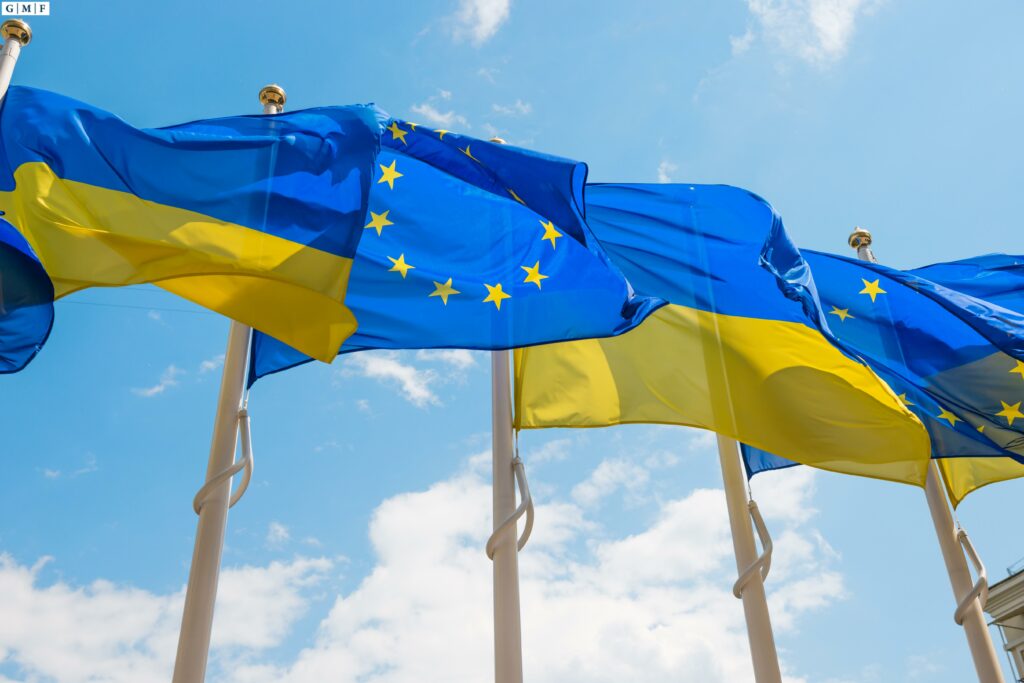Having overcome Hungary’s opposition to opening the accession talks, Moldova and Ukraine are not safe from future disruptions from member states.
This is crucial given the debate on the EU’s capacity to integrate new members. This concerns budgetary issues, decision-making arrangements, and the general structure of EU governance—all of which will be affected by the addition of new members, especially such a big country as Ukraine. The EU budget must be reformed before more countries can be taken in, as it will hardly be possible to grant them the same level of funding for agriculture and regional policy that members receive now.
However, as demonstrated by the farmers’ protests across the EU, including the blockade by Polish truckers of the border with Ukraine, such reforms could be difficult to push through amid strong domestic opposition in some member states. The negotiating teams of Moldova and Ukraine will need to prepare very well, including by learning from previous enlargement rounds, to secure transitional measures, derogations, or specific arrangements that might be needed to reach common ground in problematic negotiation areas.
Even though the negotiations will take years, Moldova and Ukraine should be able to reap the benefits of closer integration with the EU before they are completed. As indicated in their negotiating frameworks, progress on the many needed reforms will be rewarded with “accelerated integration and ‘phasing in’ to individual EU policies, the EU market and EU programs.” This would be in line with existing proposals for gradual EU accession, and would help keep public support for the EU membership path in the candidate countries.
Moldova and Ukraine hope to join the EU by 2030, having moved faster from application to the opening of membership negotiations than have other countries in the waiting line—Georgia, Türkiye, and the Western Balkans states. But rather than speculating about the timeline for completing their accession talks, it is crucial for them to focus on fulfilling the dozens of specific requirements and implementing reforms while the political momentum in the EU is still there. As the negotiations over the substance of the chapters will most likely start in 2025, after the new European Commission’s is formed and Poland takes over the Presidency of the Council of the EU, both capitals have some time now to prepare.
Khrystyna Parandii is an international relations specialist based in the Netherlands and ReThink.CEE Fellow 2022 of the German Marshall Fund of the United States. She is the author of Eastern Europe Joins the Western Balkans: A New Start for the EU’s Enlargement Policy?
Source link : https://www.gmfus.org/news/moldova-and-ukraine-will-need-navigate-complex-political-landscape-eu-accession-negotiations
Author :
Publish date : 2024-07-03 07:00:00
Copyright for syndicated content belongs to the linked Source.
